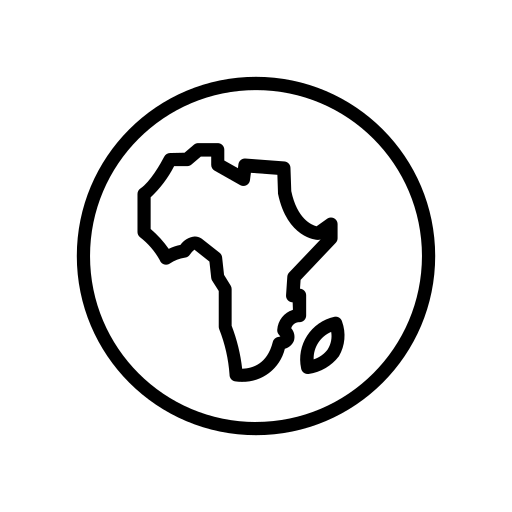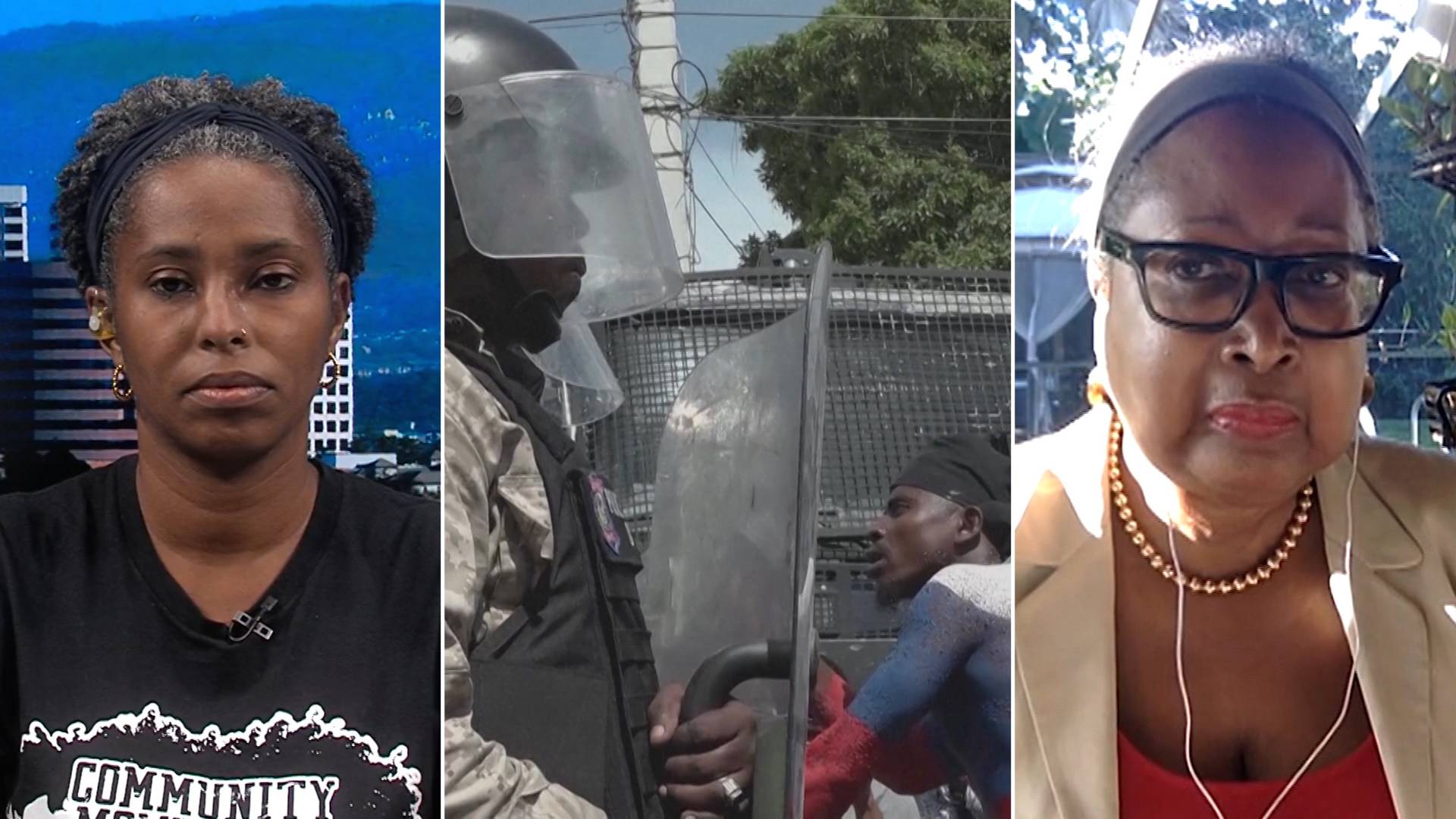7
The United Nations Security Council has approved an international armed force to address spiraling gang violence in Haiti, where street battles have paralyzed the capital Port-au-Prince since the assassination of President Jovenel Moïse in 2021. The U.N. mission, which came at the repeated request of Haitian Prime Minister Ariel Henry, is being led by Kenya, marking the first deployment of international security forces to Haiti in nearly 20 years. The U.S.-backed proposal received 13 votes in favor, with Russia and China abstaining, and allows foreign troops to remain in Haiti for one year. “This validates the criminal government of Ariel Henry,” says Haitian pro-democracy advocate Monique Clesca, who says the $100 million the U.S. has pledged to support the U.N. mission would have been better used to support civil society. “The big problem right now is the governance system.” We also speak with UC Irvine’s Mamyrah Prosper, host of the podcast Haiti: Our Revolution Continues, who says many Haitians are rightly skeptical given the history of foreign interventions in the country, including by U.N. troops. “This is not the first time that the Security Council has voted to send what Haitians are calling an occupation force,” says Prosper. “These missions don’t really come in, in fact, to protect the population. They are there to protect multinational investments.”



Which Haitians? The gang leaders? I’m not saying troops would actually help the situation(maybe, maybe not), but Haiti literally has no representation right now
From the weblink, these are two Haiti civil society members. They don’t speak on behalf of the country and I agree, the title makes it sound like a referendum was conducted on this issue. However, it is a trivial issue when you consider Haitians experience (and honestly all societies) with foreign intervention.